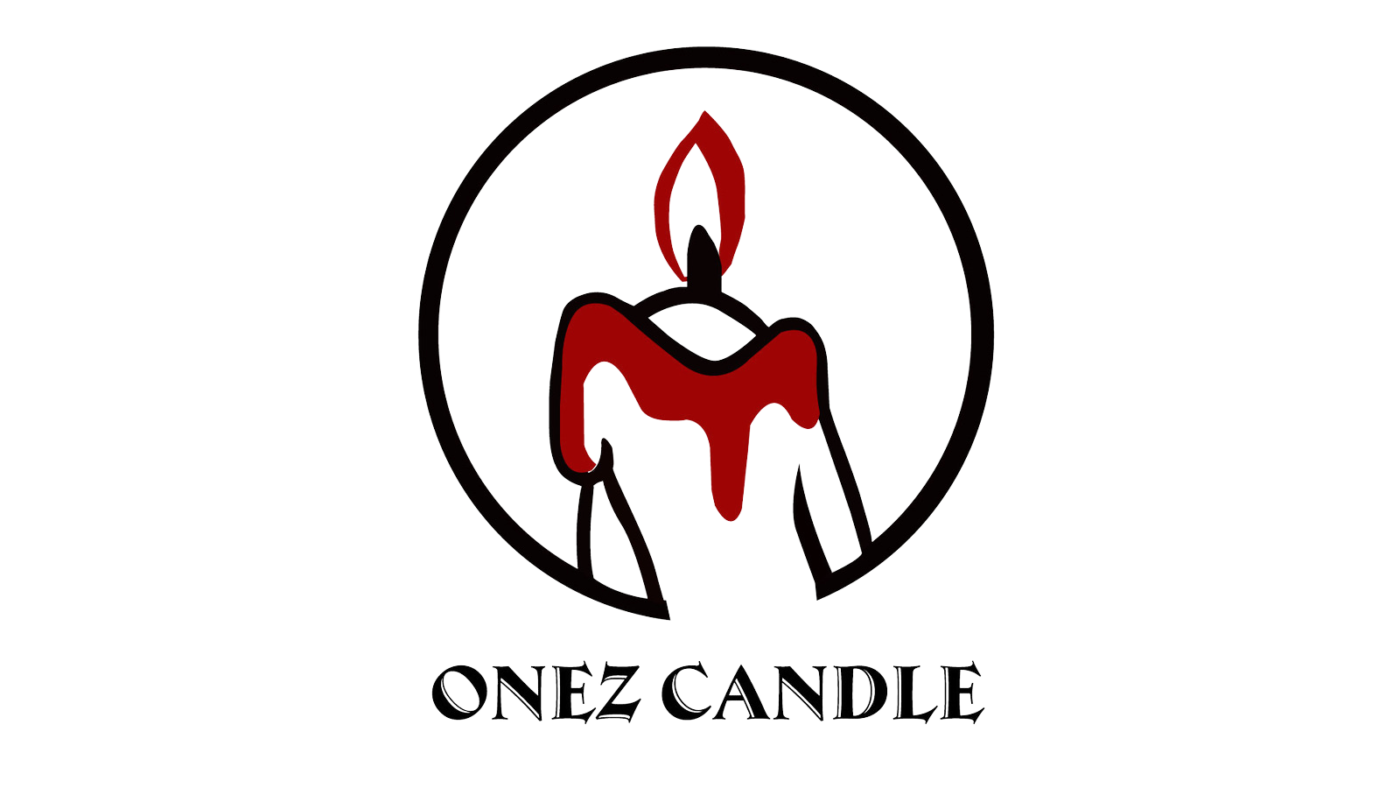cash payday advance loans
It was supposed to keep the agency’s goals off changing having administrations
When the Dodd-Frank Act was negotiated, the CFPB’s structure was written so that the director of the agency could not be fired at will, but instead only for cause. Despite ample precedent for this at other agencies, in Seila Law LLC v. CFPB (2020), the Supreme Court ruled that this violated the separation of powers clause of the Constitution.
Ironically, this example of Republicans and the courts chipping away at the CFPB made it more effective under Biden. If the old rule were in place, Trump’s CFPB director Kathy Kraninger would have been able to serve out her five-year term until . Instead, Kraninger resigned before being fired on Biden’s Inauguration Day, and now modern Rohit Chopra serves as the director.
In addition to pay check lending rule, that’s in the middle of the case, hasn’t been moved from the the fresh routine, even when supporters would like to see the element-to-repay important recovered

But competitors of your own CFPB haven’t eliminated. One other way Congress tried to insulate the agency’s procedures is through brand new so-called self-funding method. CFPB becomes their funds throughout the Government Reserve in the place of Congress. So it method turned the following target.
Within the 2016, new CFPB issued a regulation known as the payday credit code (commercially, this new Payday, Auto Nebraska installment loan direct lender Title, and you will Certain Higher-Rates Fees Financing Code), hence honestly restricted how pay day and other highest-cost loan providers you may offer money. The latest signal put underwriting conditions that would force loan providers to determine a borrower’s ability to pay off the mortgage, and also other commission defenses. It is just as the element-to-repay code CFPB dependent getting large-chance mortgages.
Given that several flipped or renewed financing strength the income into the pay check lending, the fresh new signal are going to severely change the industry and possibly reduce the number of finance granted, per The new York Times’ reporting.
Kraninger then rescinded the underwriting provisions, leaving only the payment protections for borrowers, making the rule a shell of its former self.
But that has been not enough with the financing community. Within the 2018, CFPB is charged again, this time inside the CFPB vmunity Economic Attributes Relationship out of The usa (CFSA). In this instance, CFSA, the brand new pay day lending industry’s top exchange organization, desired to totally eliminate the laws, due to both to possess-produce shooting provision (and that hadn’t yet been felt like) therefore the thinking-investment system, and therefore CFSA contended broken the brand new Constitution’s appropriations condition. If to have-end in provision is actually struck down, CFSA amended their grievance to focus on the second.
Initially, the newest rule will have including delivered a speed cap off thirty-six percent, however, payday financing lobbyists properly recommended their elimination
Last October, the U.S. Court of Appeals for the Fifth Circuit, one of the most conservative in the country, agreed with CFSA’s argument, rendering the consumer agency’s funding unconstitutional. CFPB has appealed to the Supreme Court, and the case is set to be heard in its next session.
Which legal uncertainty makes the possibly risky outcomes of dismantling the newest CFPB perhaps not a hypothetical. Brand new rulemaking possess slowed down since court case looms. You to towns and cities an excessive financial load towards some body and you will groups that CFPB might have been unable to throw a wide sufficient websites to guard.
From inside the March From the Year, the new South carolina legislature was debating if or not mortgage cover to own user funds could well be right for the state. Loan providers contended you to such as a limitation would put them out-of business, leaving an extensive swath of people incapable of accessibility personal lines of credit.
An advice portion for South Carolina’s Post and Courier sums up the argument well: By imposing a rate cap, policymakers would hinder access to crucial credit products, drive out ethical lending companies and perhaps most significantly, harm borrowers with less-than-perfect credit who will lose what may be the only form of credit for which they qualify, wrote Dan Walters, CEO of Borrowing from the bank Main, an online installment lender.
